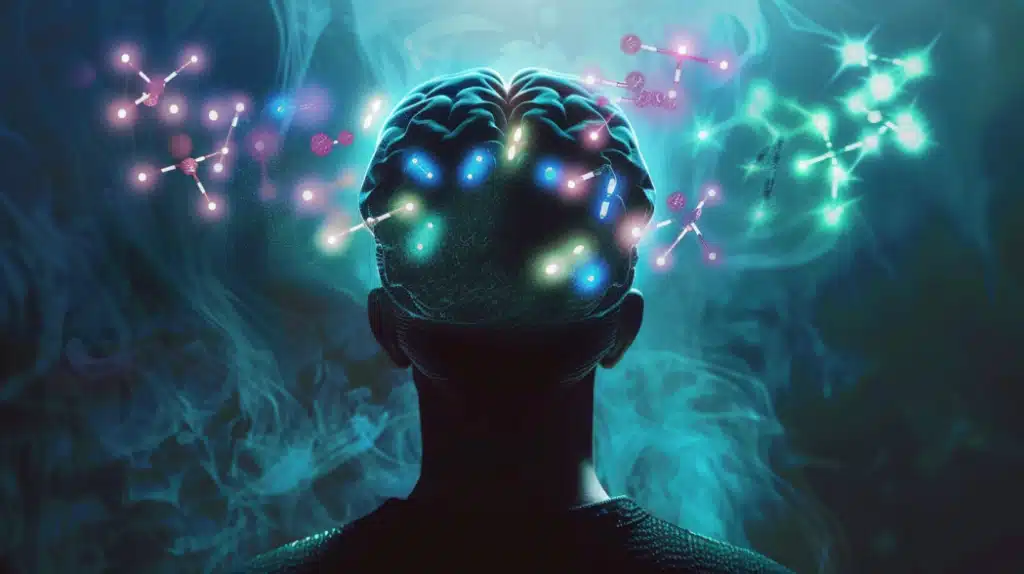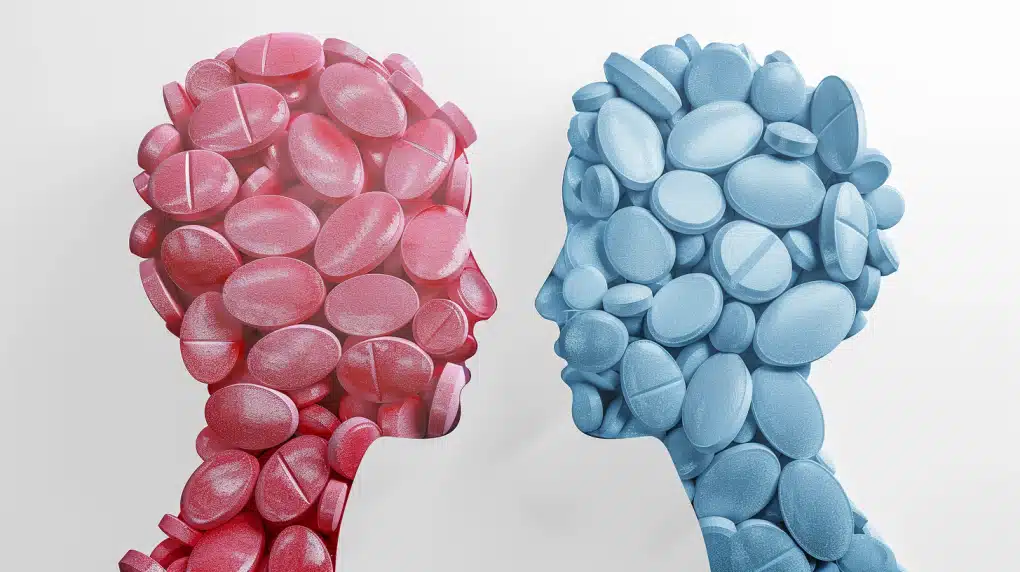Abnormal Brain EEG Activity Doesn’t Predict Antidepressant Efficacy in Depression (2023 Study)
Depression is a multifaceted mental health condition that presents significant challenges in both diagnosis and treatment. Recent studies have explored the potential of electroencephalography (EEG) as a predictive tool for treatment outcomes in major depressive disorder (MDD), with particular focus on the response to antidepressants like escitalopram. Highlights: EEG Abnormalities & Antidepressant Response: Contrary to …






